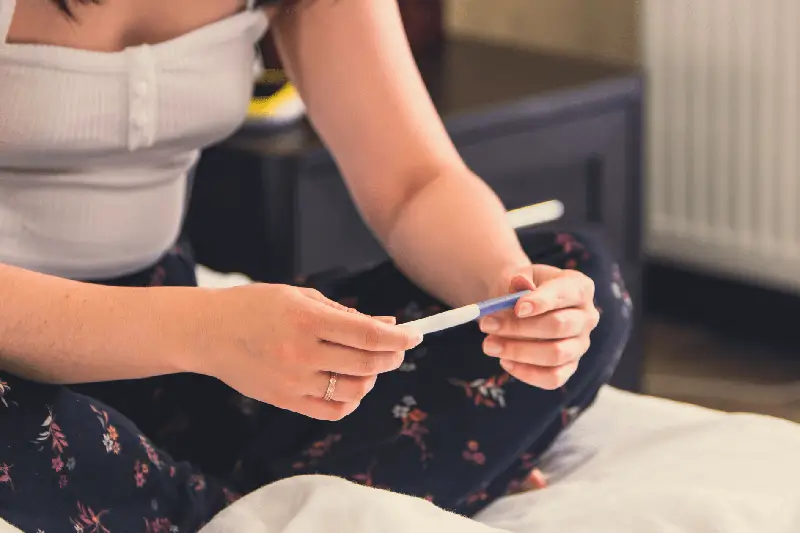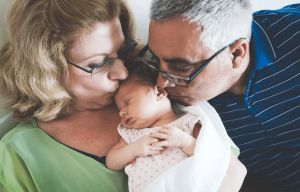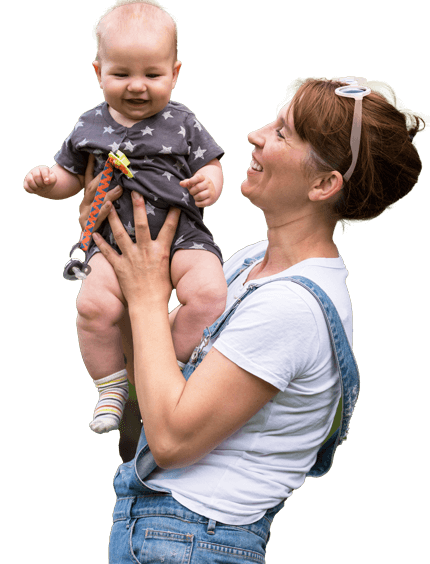For a lot of couples who are trying to conceive, fertility can be a challenging journey. One common obstacle is a low egg reserve, which can make achieving pregnancy more difficult.
This does not mean that it’s impossible.There are various strategies and lifestyle changes that can help improve fertility when faced with this issue. In this blog, we will explore what low egg reserve is, its potential causes, and approaches to enhance fertility in such cases.
UNDERSTANDING LOW EGG RESERVE
Low egg reserve, also known as diminished ovarian reserve, is a condition where a woman has a reduced number of eggs in her ovaries or eggs that may not be of optimal quality. This condition can make it harder for a woman to conceive naturally or through assisted reproductive technologies, such as in vitro fertilization (IVF).
But it does not mean that you’re out of options. A fertility doctor can often help improve your egg reserve to help improve your fertility chances.
COMMON CAUSES OF LOW EGG RESERVE
Age: The most common cause of low egg reserve is advancing age. As women age, the number and quality of their eggs naturally decline. This is often why fertility decreases significantly after the age of 35.
Genetics: Genetic factors can play a role in determining a woman’s ovarian reserve. Some women may be genetically predisposed to have a lower egg reserve than others.
Medical conditions: Certain medical conditions such as endometriosis, and autoimmune diseases, can affect ovarian function and reduce egg reserves.
Previous surgeries or ovarian procedures: Surgeries involving the ovaries, like ovarian cyst removal, can lead to a decrease in the ovarian reserve.
Lifestyle factors: Smoking, excessive alcohol consumption, and poor diet can all negatively impact ovarian function and egg quality.
STRATEGIES TO IMPROVE FERTILITY WITH LOW EGG RESERVE
Consult a fertility specialist: If you suspect or have been diagnosed with low egg reserve, it’s crucial to consult a fertility specialist. They can conduct tests to assess your ovarian reserve and recommend appropriate treatments.
Consider egg freezing: For women who are not yet ready to conceive but are concerned about their egg reserve declining due to age or medical conditions, egg freezing can be an option. It allows you to preserve your eggs for future use.
Optimize your lifestyle: Adopting a healthy lifestyle can significantly improve fertility. Focus on a balanced diet, regular exercise, and stress reduction techniques like yoga or meditation. Avoid smoking and excessive alcohol consumption.
Explore fertility medical options: At Fertility Partnership and some other programs you may be offered a treatment protocol that may improve your egg supply temporarily to prepare you for an IVF cycle. At Fertility Partnership we offer PRP injections into your ovaries, a treatment that is not widely accepted in reproductive medicine but has a rapidly growing availability. You can visit https://fertilitypartnership.com/treatments/ovarian-rejuvenation/ for more information.
At Fertility Partnership we also use a protocol called Ovarian Priming which involves stimulating your ovaries weeks in advance of your actual cycle. There is evidence that this may help your ovarian response in an IVF cycle. Contact us for more information at 636-441-7770.
In vitro fertilization (IVF): IVF can be an effective option for women with low egg reserve. It involves the retrieval of eggs, which are then fertilized in a laboratory and implanted in the uterus. In patients with severely low reserves this may be your only option.
Donor eggs: If your egg reserve is extremely low, using donor eggs from a younger, healthy donor can increase your chances of a successful pregnancy.
Low egg reserve can be a challenging and emotional obstacle on the path to parenthood, but it’s not an insurmountable one. By taking proactive steps such as consulting a fertility specialist, optimizing your lifestyle, and considering various treatment options, you can increase your chances of achieving a healthy pregnancy.
Every individual’s situation is unique, so it’s essential to work closely with a healthcare professional to develop a personalized fertility plan that suits your needs and goals. With the right guidance, many individuals with low egg reserve can and do become parents. If you are not sure of the status of your egg reserve, you can have it checked by a doctor. It involves having blood tests and a pelvic ultrasound. The sooner you know, the sooner you can start to figure out how to grow your family.





